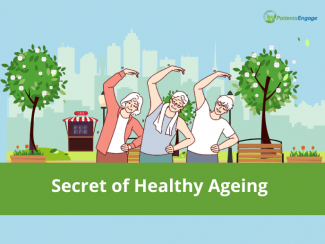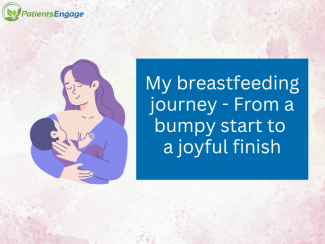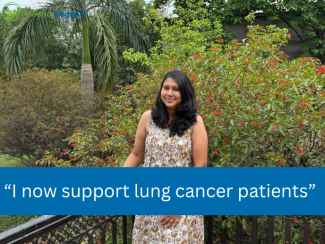“Cancer patients in India are not just dealing with a major disease, they have to also deal with the stigma that comes with it” - Dr Purvish Parikh, Medical Oncologist and Hematologist; Health Activist and Editor in Chief at JASCAP
Utsa Shah attends a cancer patients meet at Tata Memorial Hospital and experiences the truth of the statement.
A middle-aged lady holding her 15-year-old kid’s hand, her eyes watery, said, “My kid is not allowed to play with other children.…







